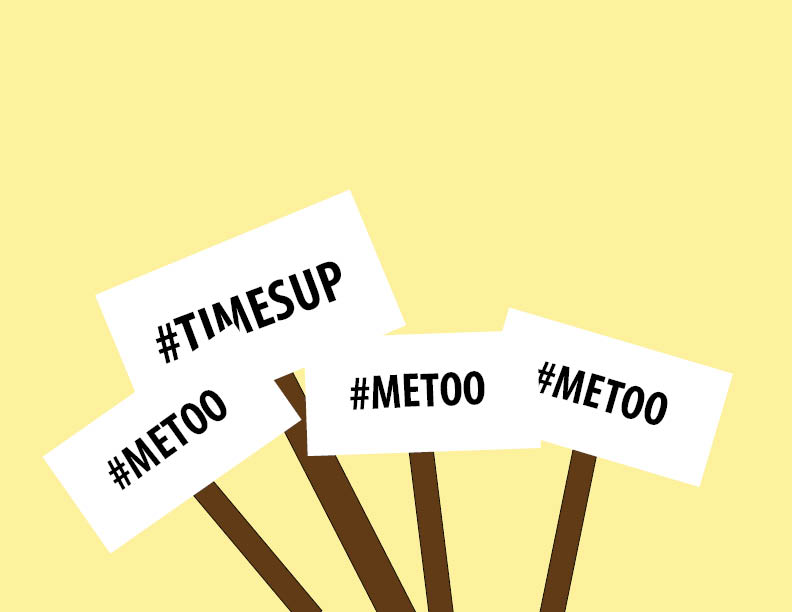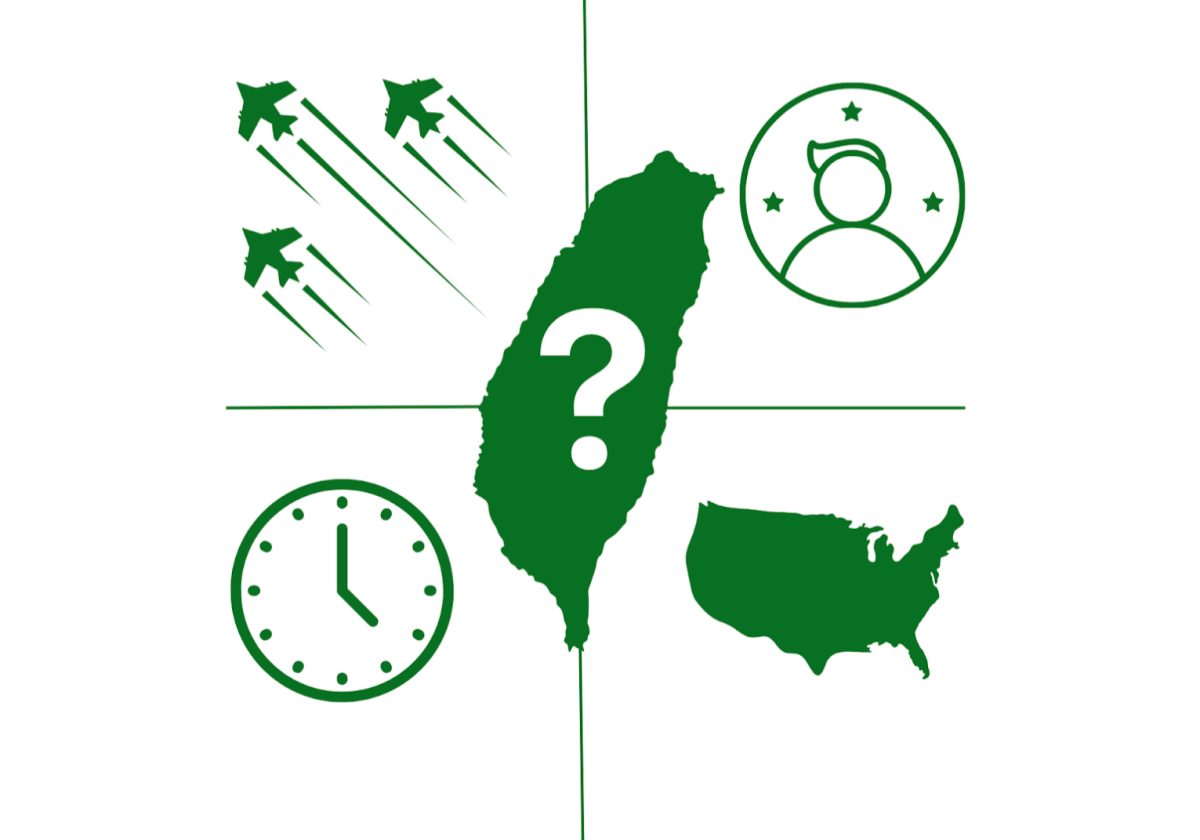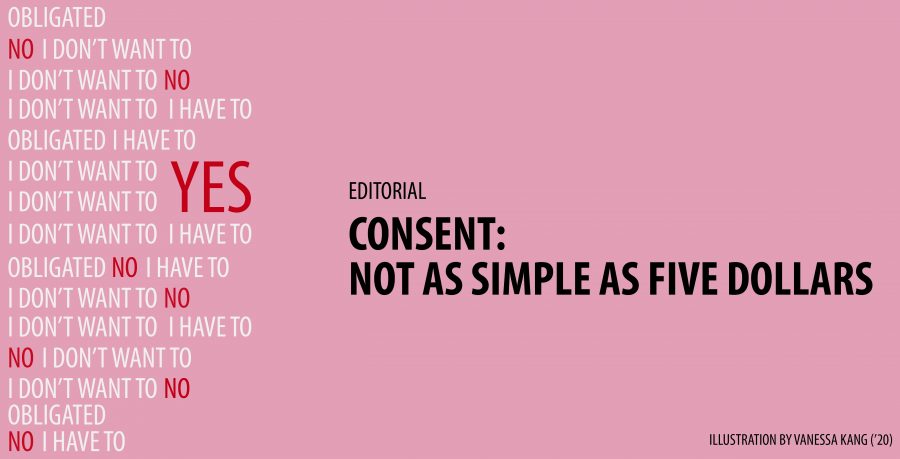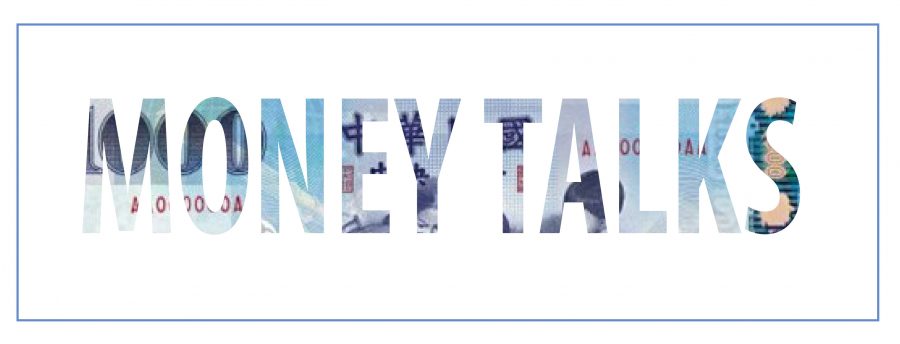In October 2017, #MeToo exploded on Twitter. Activist Tarana Burke coined the phrase in 2006, but it was able to gain traction because it coincided with accusations of sexual misconduct against prominent producer Harvey Weinstein. Actress after actress spoke out, and the hashtag took off.
Within just a few months, the #MeToo movement has led to the naming and shaming of hundreds of high-profile men, a media maelstrom of confession and commentary, and now a growing backlash accusing it of creating an anti-sex climate of male fear and female disempowerment. Though it has not quite yet passed into the realm of past tense, and the outpouring of outrage has not been completely exhausted, it has reached a stage of maturity where we can consider what it means for us as Taipei American School students.
At TAS, girls are visible and celebrated. Girls are scientists and athletes and leaders of all stripes, as the Blue & Gold’s all-female Editorial Board attests. In this secure and overtly gender-equal environment, it is easy to fall for the illusion that sexism has largely been eradicated, that any remaining concerns amount to nitpicking and overreaction. For most of us, #MeToo has taken place far away, and if we are aware of it, it has touched our lives by dint of our presence within certain online media bubbles. But #MeToo is not just about Hollywood. #MeToo is about you—male or female.
With its cascade of sexual harassment allegations against powerful men, #MeToo shows that privilege does not provide its bearer immunity to the hazards of living in a woman’s body. Those hazards range from being forced to watch a comedian masturbate, to discovering that your colleague sitting in the next cubicle over is a serial harasser. Those hazards are real no matter how wealthy your background or how successful your career. No one is safe from such bizarre and degrading situations.
Sexual predators cannot succeed alone; they live in quietly accepting communities. They and their facilitators are not born; they are made in homes and in schools. At TAS, many students practice a policy of selective personhood, in which a friend’s sister may be more than the sum of her “f—able” parts, but that freshman in a tight shirt is not. A girl is human when you ask her for homework help, but not when you secretly distribute photos of her through social media. Students rate others out of 10 in the cafeteria, and label girls fat or flat wherever and whenever they feel like it. Some may protest, but most eventually give up when time after time they find their concerns brushed aside.
Even those who have never engaged in such disgusting behavior may be guilty. You are guilty if you have stayed silent. You are guilty if you have laughed along. You have made locker rooms, hallways, and group chats safe places for misogyny to take root and thrive. What is at stake is not just the occasional off-putting remark or off-color joke. What is at stake is whether you will permit your friends and classmates to treat disrespect toward girls as a badge of masculinity.
It is no accident that perpetrators often perform repugnant modes of talking about sex and sexual attractiveness in front of large groups, and the social pressure that could be directed toward standing up for gender equality instead suppresses dissent. This sinister normalization of objectification, this steady blurring and crossing of lines, is exactly what has enabled so many people exposed by the #MeToo movement to get away with sexual misconduct for so long.
As #MeToo fuels a public discussion about the prevalence of harassment in workplaces around the world, we too must begin a public conversation about our complicity in the sexism endemic in our student body, because every sexual harasser, every victim, and everyone who turned a blind eye was a student once.
EDITORIAL | #MeToo still matters
April 1, 2018
0
Tags:
More to Discover



![[PHOEBE CHEN/THE BLUE & GOLD]](https://blueandgoldonline.org/wp-content/uploads/2019/12/senioritis-900x600.jpg)
![[CHARLOTTE LEE/THE BLUE & GOLD]](https://blueandgoldonline.org/wp-content/uploads/2019/10/hongkong2-900x597.jpg)


![A myriad of impressive trophies and awards. [ANNABELLE HSU/THE BLUE & GOLD]](https://blueandgoldonline.org/wp-content/uploads/2025/09/Awards2-1200x512.jpeg)
![Students' calendars say goodbye to exam week. [ANNABELLE HSU/THE BLUE & GOLD]](https://blueandgoldonline.org/wp-content/uploads/2025/09/Exam-week-1200x740.jpg)
![A collection of college flags. [PHOTO COURTESY OF AMBER HU ('27)]](https://blueandgoldonline.org/wp-content/uploads/2025/05/IMG_5029-1200x577.jpeg)

![An SAT word cloud. [PHOTO COURTESY OF WORDCLOUDS]](https://blueandgoldonline.org/wp-content/uploads/2025/05/SAT.jpeg)
![Collage of banned books, including “The Handmaid’s Tale” by Margaret Atwood. [MINSUN KIM/ THE BLUE & GOLD]](https://blueandgoldonline.org/wp-content/uploads/2025/04/IMG_4274-1200x681.jpeg)